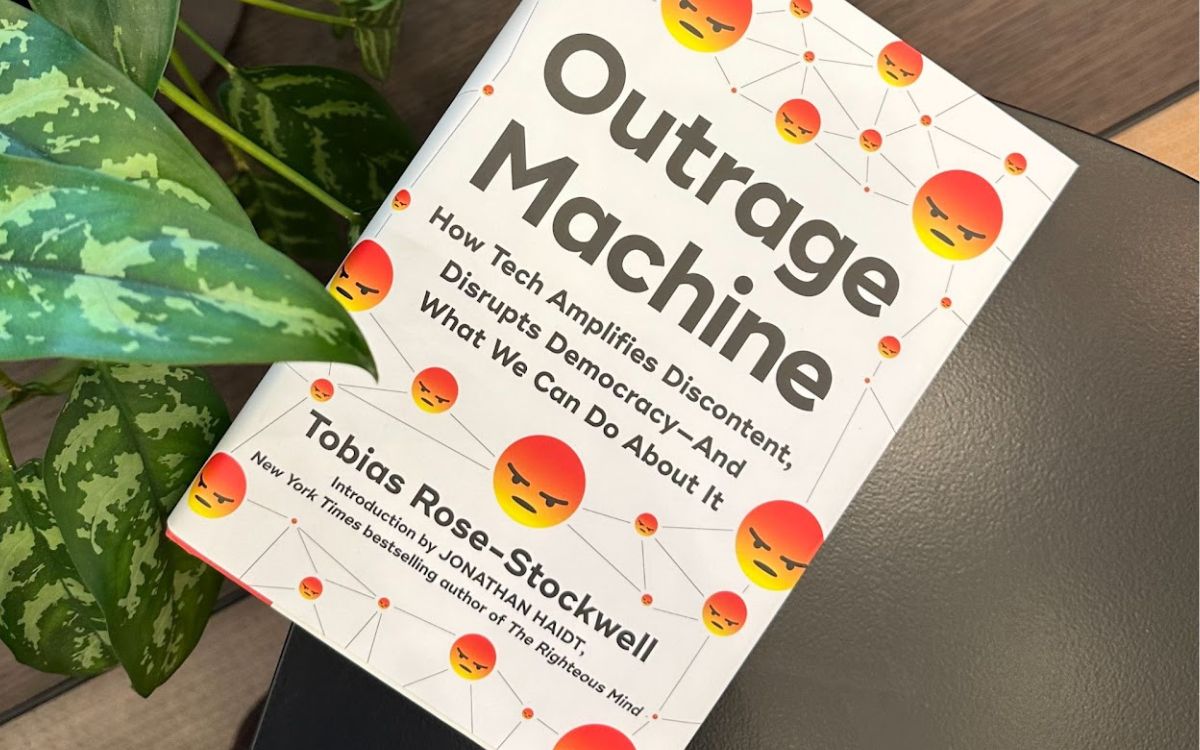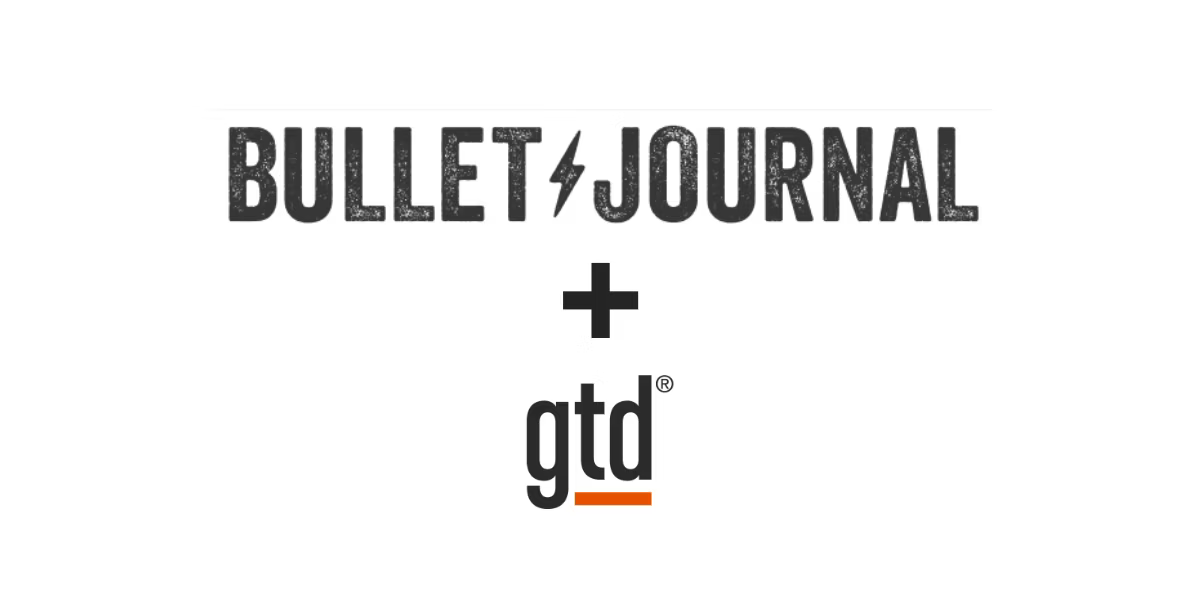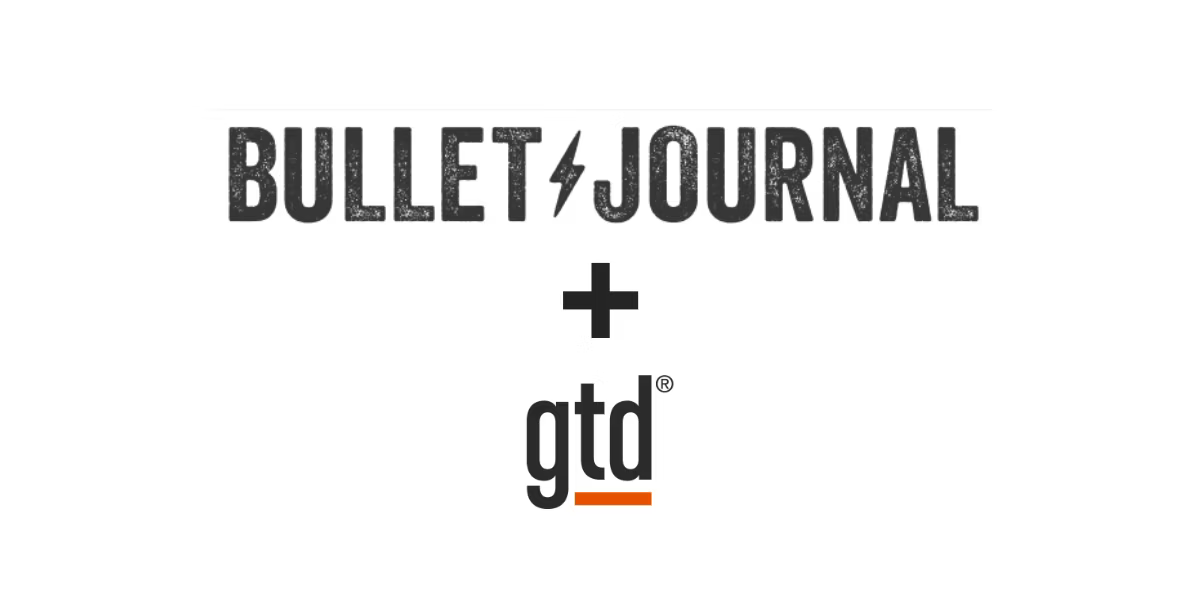I got up early. The weather was perfect so I decided to go for a run. At the end of the run, I sat in a park and meditated. After a shower and a shave and some journaling, I was fully primed for a productive day.
Somewhere between the time I put down my pen and went to check my email, I snapped out of a 45 minute Instagram trance. What struck me was my change in state. I had gone from feeling centered and motivated to work, to feeling anxious and lonely.
It’s no secret that using social media comes at a cost, but it can also provide real value. My partner and I connected by going down another social rabbit hole later that very same day. We learned things together, shared insights, and laughed. We do this regularly. This is true for many of my other relationships. Social media has become the water cooler of the digital age. This is where we come together to socialize about the latest meme or catastrophe.
Is social media ultimately a net negative or a net positive? In order to understand this question, I think we have to better understand both what we can do with social media, but also what it can do to us. For this I interviewed Tobias Rose-Stockwell about his new book: Outrage Machine: How Tech Amplifies Discontent, Disrupts Democracy—And What We Can Do About It

RC: What is one incredibly positive thing that happened in your life because of social media?
TRS: Some of my most important friendships have come from connecting with people through social media! It’s become an amazing tool for finding like minds, and a handful of my most cherished relationships have been a direct result of social media.
Much more recently, a few years ago my childhood home burned down in the California wildfires. In the aftermath, an extended community of supporters mobilized through social media to help my family. It was an incredible experience seeing how powerful social media can be for altruistic action.

RC: What inspired you to write Outrage Machine?
TRS: When I was 23, I went viral online in a surprising way. I met a monk while backpacking through Cambodia, who asked me to help him rebuild an irrigation system that had been destroyed in that country’s civil war. I sent a message to friends about it online, and it blew up, was shared with friends of friends of friends, and created a viral cascade of support for this poor community of rice-farmers in the middle of nowhere. I ended up living in Cambodia for almost 7 years working on the project as a result, and helped a lot of people with that project. I have been carefully researching virality since then. Studies show that any emotionally-charged issue can gain similar traction online if it pushes the right emotional buttons. Social media is amazing at getting people to care about hidden, previously unknown causes. It turns out, though, that these causes are not universally benign. Even if that cause is fundamentally extreme or problematic, you can build a movement around it. In the years since, we’ve all seen that social media can be used as an outrage machine — a tool to amplify discontent.
RC: One thing that struck me about your book is how far back you go. It seems like every generation has a communication technology that older generations condemn: books, radio, tv. What makes social media fundamentally different?
TRS: You’re absolutely right. If you go back far enough, you can find people upset about new technologies and how they influence us. Plato was actually against the act of writing, and said “If men learn this, it will implant forgetfulness in their souls.”
Every generation has a sort of reckoning when adopting new forms of technology. In the book I dissect a number of these shifts that have disrupted our species. I call these periods a “dark valley of hidden harm,” because the problems associated with their use and abuse is often masked by mass adoption.
The printing press, for example, gave us mass-literacy, readily-available books, and dramatically improved our knowledge of the world. But it also caused nearly a century of civil wars that rocked Europe and blew up every major institution in its era. Of course, we wouldn’t want to go back and uninvent the printing press to avoid these struggles, because it was also a tool that has given us so much.
Social media is different from many of the technologies of previous eras. It’s different because any individual's voice can reach millions of people, in the span of a few moments. That difference in distribution has created many new risks — particularly the risk of false information spreading faster than the truth.
RC: We hear about how social media is tuned for immediate (dis)satisfaction. It clearly changes the way we feel while we’re using it. I would like to hear more about the effects of social media when we’re not using it, when we’re away from our phones.
TRS: Are we ever away from our phones? Social media has trained us to poorly manage our attention, and seek distraction when we’d otherwise be left to our own thoughts. But it’s not just about what’s on these apps. One of the strange things about social media is that it isn’t an isolated world. If something makes us angry online, we’re likely to tell our friends about it IRL.
The controversies and outrages that social media generates do not just stay there — that information bleeds into the rest of our lives. For example, most journalists are obsessed with these tools. They use social media to source discontent and write about it — the people whose job is to inform us are often informed by the outrage machine. These narratives end up in our water-cooler conversations, at our dinner tables, in our congregations. Even if you’re off social media, you’re likely being influenced by it.
RC: We’re constantly flooded with news, more than we can ever hope to make sense of. This is not likely to change. How do we make sense of things in the age of social media? How should we think about what we’re seeing?
TRS: News has an agenda: to get you to pay attention. I spent a large portion of the book researching the whole enterprise of news creation. It turns out that we have a natural disposition to focus on negatively-valenced information — ie. bad news. We tend to click, read, and share stuff that suggests the world is falling apart.
News producers focus on this because it’s one of the ways they stay in business (an old adage “If it bleeds, it leads” shows this clearly). This isn’t always a bad thing — we need to know about the problems of society. But it’s important to recognize that the steady progress of our species, the solutions to hard problems that people are working on every day, and the best of humanity’s accomplishments don’t usually end up in the news. There is a lot to be optimistic about, but you won’t usually find it online.
RC: On the one hand social media makes you aware of people, places, and things you would have never known about. On the other hand, it can also “flatten” them. What are we not seeing when we use social media? What should we keep in mind as we scroll?
TRS: Social media is an abstraction. When we force experiences and ideas into boxes of text and video it inherently causes them to lose nuance and depth. I write about two of these dynamics in my book: Context Collapse — when the original meaning, setting, and intent of an event is lost when it’s forced into a social media post. The second is Context Creep — when someone else’s narrative is attached to an event that has nothing to do with the original post or event.
This skews the original story far beyond the truth or intention behind the post, and often twists people’s words into messy interpretations. It’s a bit like looking at an event through a creepy funhouse mirror — showing us a distorted and uncharitable reflection of what happened. As you scroll It’s important to remember that you’re unlikely to get the most accurate version of an event, and that social media is not a good place for finding the truth.
RC: We live in very emotionally charged times. It seems like everyone is very upset about something. These emotions provoke us to take action. Emotions however have little to do with the truth, leading to us saying and doing things that make things even worse. How can we navigate these feelings more skillfully? What are some actions we should take when we’re triggered or outraged by what we see?
TRS: Emotions are important, and they need to be felt. They also can lead to misinterpretations and actions that are not constructive. They don’t always intersect with reality, and they don’t always direct us toward the right next action. When we post our emotions online they actually take on a life of their own. They are packaged into small containers that go on to trigger many, many more people long after we have let the emotion pass. They become contagious, spreading through our social networks like a flu, often causing other people to be triggered as a result.
As the psychologist Tara Brach has said, intense emotions are a sort of alert, telling us something is deserving of our attention. Often just letting an emotion be physically “felt” and removing all pretext and story from the expression of the emotion, can help you move through it. Simply let the feeling manifest as a “visitor” can let it progress along.
In practice, this means that when you’re triggered by something online, it’s good to not immediately share it onward. Don’t post until after the heated emotional response has passed. You’re more likely to be clear-headed, and more likely to add something meaningful and useful to the conversation (and you’ll probably feel better about it later).
RC: In your book you allude to comparison traps. Can you tell us a little bit more about those?
TRS: Comparison traps are moments of observation that lead us to judge our life against the polished highlight reels of others. This often creates a false perception of inadequacy and feelings of insecurity. The visibility of metrics (likes, follows, shares) on social media has also become a very strange new proxy for importance in the real world. These metrics also train us to perform for our followers, and to look for content that might appeal to our audiences (and their biases, prejudices, and expectations).
To combat these comparison traps, try to remember that many of the “perfect ” moments you see online, are actually tailor-made to look that way, and may have been awkward or even uncomfortable moments in reality. Oftentimes the best moments are those without our phones, and not beholden to the scrutiny of your followers. It’s important to practice kindness towards yourself and not compare — to post what you like, when you like — and remember that social media is not real life.

RC: Though the book covers a lot about this critical and complicated topic of social media, it is an ongoing one. Now that the book is out, where do you see the future of this work in your life? Are there any projects or events that people should know about?
TRS: I’m extremely worried and inspired by the power of AI. I think it has the potential to make things like misinformation much worse, but also has some potential to be used to help us make sense of all the noise. Just like social media, AI is a double-edged instrument, with enormously destructive power and incredible creative potential. I think that it’s likely to disrupt so many aspects of our lives. I have a few experimental projects I’m working on with journalists and academics to help build a more transparent, egalitarian news feed that helps us translate some of our most divisive political issues into shared moral narratives — something that would have been impossible before the invention of large language models like ChatGPT. I also believe these tools have the potential to help us add deep context and nuance back into much of the news we see online.
RC: A big part of Bullet Journaling is living more intentionally by learning from experience. Can you share any lessons from writing —or the process of writing— this book that you will implement in your own life?
TRS: Three things were so critical in finishing the project: First, having a daily writing practice was essential. I’d carve out a few hours every day early to just show up and write, regardless of what came out. Some days I'd squeeze out a crappy paragraph, some days I'd produce a few decent pages. But consistency was key. Just showing up every day helped me build the structure of the manuscript brick by brick. After doing this for long enough, you start to see how a book takes shape. For motivation, I’d highly recommend Bird by Bird by Anne Lamott. It was like a prayer book in my darkest moments.
Secondly, having a structured writing group was also very helpful. Having a few other people who were working on creative projects made a big difference. When we wrote together, we’d do pomodoros together (90 minute sprints), with 10-15 minute check-ins between. Just sharing space with others can make a difficult creative endeavor much easier and much less lonely.
And finally, Bullet Journaling was so helpful to the process of writing this book! It helped me stay on task, capture my drawings (my book has a lot of illustrations), my research notes from the many dozens of books I was reading, and make sure I had them all in one place for easy access. It also helped me track my progress — deep research often felt like a sisyphean task (one step ahead, two steps back) — and being able to see that no, in fact I was moving forward over time was so critical.
RC: Thank you so much for taking the time to answer my questions. Are there any parting thoughts you’d like to share?
TRS: My book is actually a hopeful book about solutions, and I think things are actually much better than they seem. I don’t want people to lose hope when they look at the news, and look at social media. As problematic as social media is, it’s certainly not all bad, and I want people to feel empowered to master these tools — not let them master us. We can be hopeful when we look to the future. The story of our species is the story of us overcoming enormous challenges collectively. I believe we can build these tools to help accentuate our greatest strength: working to solve our most urgent problems together.
About the Interviewee

Tobias Rose-Stockwell is a writer, designer, technologist and media researcher whose work has been featured in The Atlantic, WIRED, NPR, the BBC, and on CNN. He is the author of the upcoming book Outrage Machine, which forcefully unpacks social media's influence on news, discourse and democracy. His research has been cited in the adoption of major interventions to reduce toxicity and polarization within tech platforms.
He previously ran humanitarian projects in Southeast Asia focused on civil-war reconstruction efforts. He spent six years in Cambodia rebuilding communities overcome by violent conflict, work for which he was honored with an award from the 14th Dalai Lama.
He lives in New York City.






Leave a comment (all fields required)